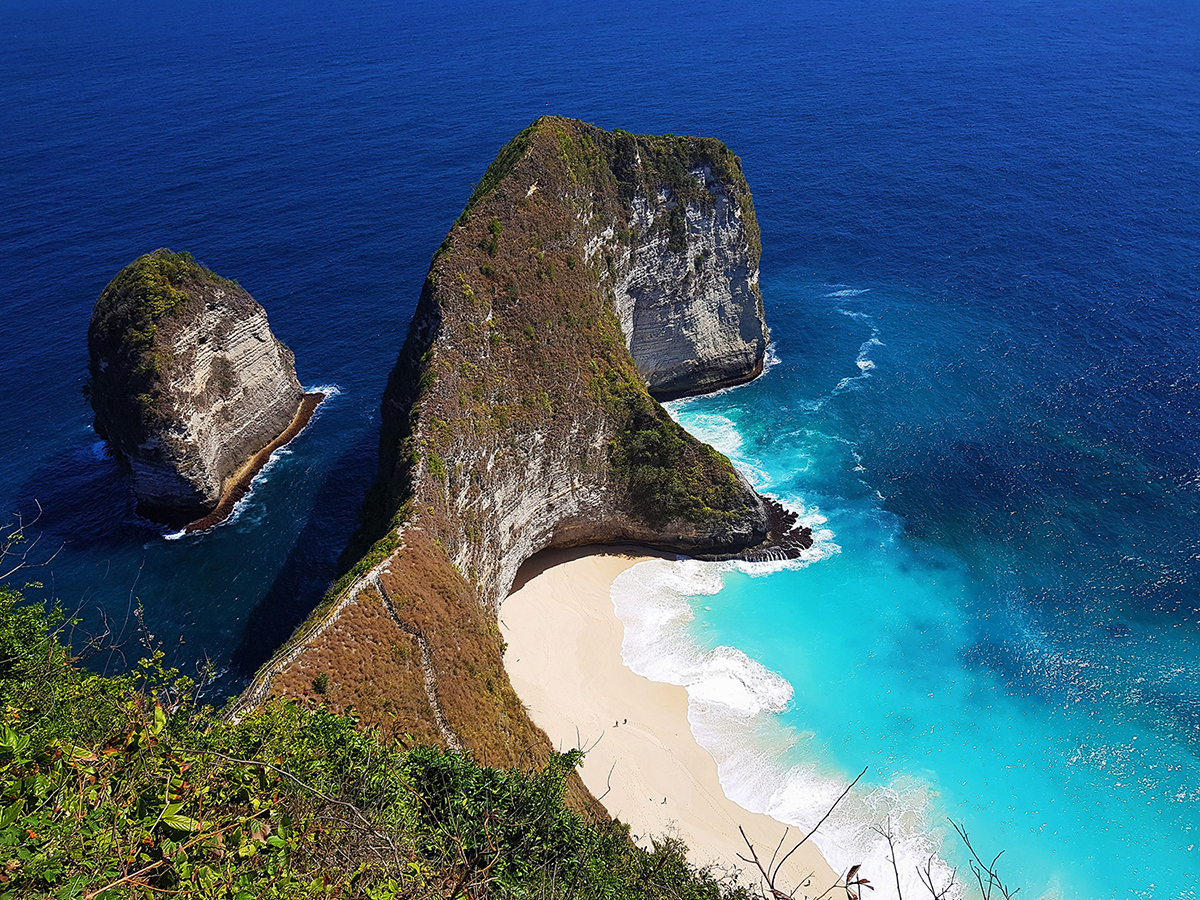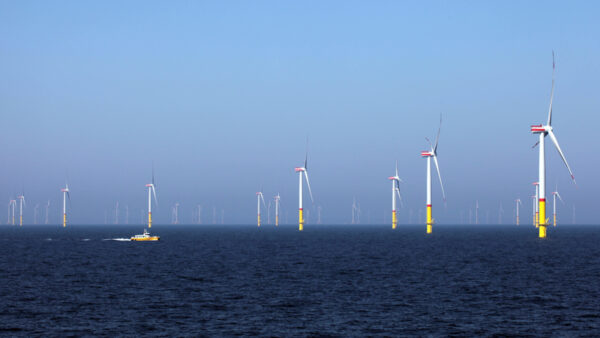
After images of the works went viral, the governor of Bali has shut down a controversial, Chinese-financed scheme to build a skyscraper-tall glass elevator against a delicate cliff on a pristine beach on Nusa Penida Island.
The striking cliff jutting from Kelingking Beach draws many tourists, and the elevator was intended to profit by giving them an easy ride from cliff to beach and back again, avoiding a treacherous path up the slope.
Amid the online backlash, local officials suspended the project on 31 October.
Then, on Sunday 23 November, Bali governor I Wayan Koster ended it permanently, calling it “a violation of spatial planning, a danger to the coastal area, and disruption to the original landscape of Nusa Penida”, South China Morning Post reports.
The governor ordered the developer, PT Indonesia Kaishi Tourism Property Investment Development Group, which the Post said was funded by Chinese investors, to demolish the under-construction, 182m-tall lift shaft, a building for selling tickets, and the elevator’s foundation within six months, and to fully rehabilitate the site within a further three months.
Koster also cited irregularities in the project’s permit, which had been issued automatically by the central government’s Online Single Submission system despite – as the Post reports – it not being fully validated yet. The governor said the approval only covered the ticket-counter building.
“This is our effort to be assertive, so that in the future various forms of violations by stakeholders will not occur again,” Koster said.
Central government out of synch with provinces
Experts told the Post that the affair highlighted how out of sync Indonesia’s national planning approval system is with local governments.
Muhammad Dzulfikar Al Ghofiqi, a lecturer of public administration at Airlangga University in East Java, said: “It was the central government who gave the permission for hard engineering, such as this glass lift, on a very fragile karst cliff.”
He called for an independent audit of the project.
I Nyoman Gede Maha Putra, a lecturer in architecture at the University of Warmadewa in Denpasar, told the Post: “There is a lack of synchronisation in development regulations, creating loopholes that can be exploited by investors.”
Maha Putra added that, given the size of the foundation being built at the site, he doubted Kelingking Beach “will be clean again”.
• Subscribe here to get stories about construction around the world in your inbox three times a week
Comments
Comments are closed.







It’s a very good decision and a wise step. The construction was an eyesore and would have potentially harmed the environment.